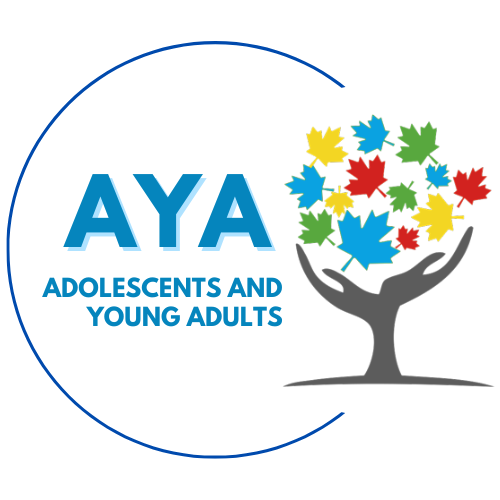Go to family friendly version
| Diagnosis | Myeloid Leukemia | Study Status | Open |
| Phase | I |
| Age | 18 Years and older | Randomisation | NO |
| Line of treatment | Disease relapse or progression |
| Routes of Treatment Administration | CC-96191 will be administered intravenously on a 28-day Cycle |
| Last Posted Update | 2024-04-09 |
| ClinicalTrials.gov # | NCT04789655 |
International Sponsor
CelgenePrincipal Investigators for Canadian Sites
Princess Margaret Cancer CentreCentres
Study Description

This Phase 1, clinical study of CC-96191 will explore the safety, tolerability and preliminary biological and clinical activity of CC-96191 as a single-agent in the setting of Relapsed or refractory acute myeloid leukemia (R/R AML).
The dose escalation (Part A) of the study will explore escalating intravenous doses of CC-96191 to estimate the MTD and/or RP2D of CC-96191 as monotherapy.
The expansion (Part B), will further evaluate the safety and efficacy of CC-96191 administered at or below the MTD in one or more expansion cohorts in order to determine the RP2D.
Inclusion Criteria
- Participant must understand and voluntarily sign an informed consent form (ICF) prior to any study-related assessments/procedures being conducted.
- Participant is ≥ 18 years of age at the time of signing the ICF.
- Relapsed or refractory CD33 positive AML at last visit as defined by the World Health Organization (WHO) Classification who have failed or who are ineligible for or have refused all available therapies for AML which may provide clinical benefit.
- Participant has Eastern Cooperative Oncology Group (ECOG) performance status (PS) of 0 or 1.
- At least 4 weeks (from first dose) has elapsed from donor lymphocyte infusion without conditioning.
- Females and males must practice true abstinence or agree to contraceptive methods throughout the study, and during the safety follow-up period.
Exclusion Criteria
- Participant is suspected or proven to have acute promyelocytic leukemia (FAB M3) based on morphology, immunophenotype, molecular assay, or karyotype.
- Participant has received systemic anticancer therapy (including investigational therapy) or radiotherapy < 28 days or 5 half-lives, whichever is shorter, prior to the start of study treatment. Hydroxyurea is allowed to control peripheral leukemia blasts.
- Participants with prior autologous hematopoietic stem cell transplant who, in the investigator's judgment, have not fully recovered from the effects of the last transplant (eg, transplant-related side effects).
- Prior allogeneic HSCT with either standard or reduced intensity conditioning ≤ 6 months prior to dosing.
- Participants on systemic immunosuppressive therapy post HSCT at the time of screening, or with clinically significant graft-versus-host disease (GVHD). The use of topical steroids for ongoing skin or ocular GVHD is permitted.
- Participant has persistent, clinically significant non-hematologic toxicities from prior therapies which have not recovered to < Grade 2.
- Participant has or is suspected of having central nervous system (CNS) leukemia. Evaluation of cerebrospinal fluid is only required if CNS involvement by leukemia is suspected during screening.
- History of concurrent second cancers requiring active, ongoing systemic treatment.
- Participant is known seropositive or active infection with human immunodeficiency virus (HIV), or active infection with hepatitis B virus or hepatitis C virus.
- Impaired cardiac function or clinically significant cardiac diseases, as defined in the protocol .
- Participant is a pregnant or lactating female.